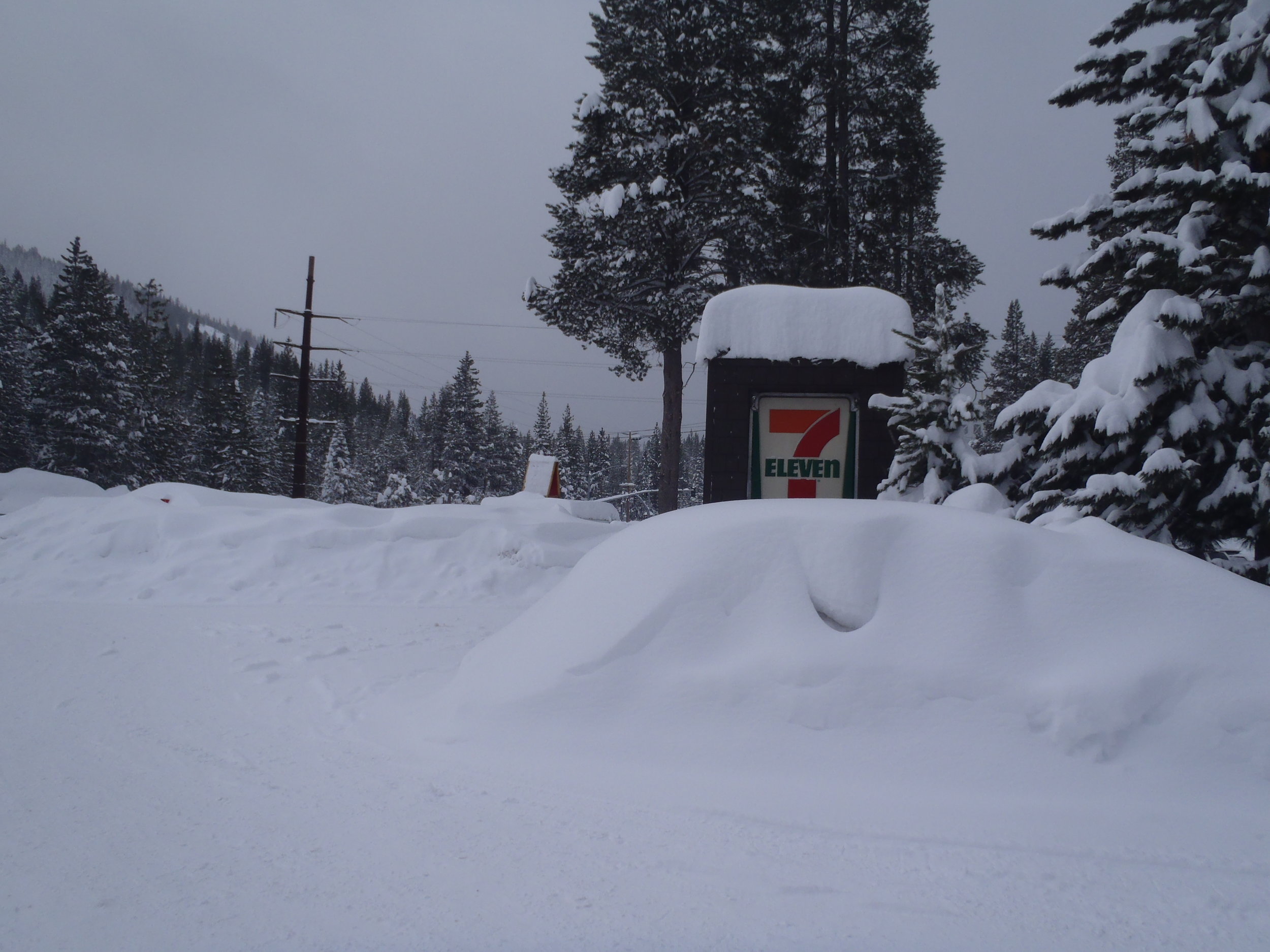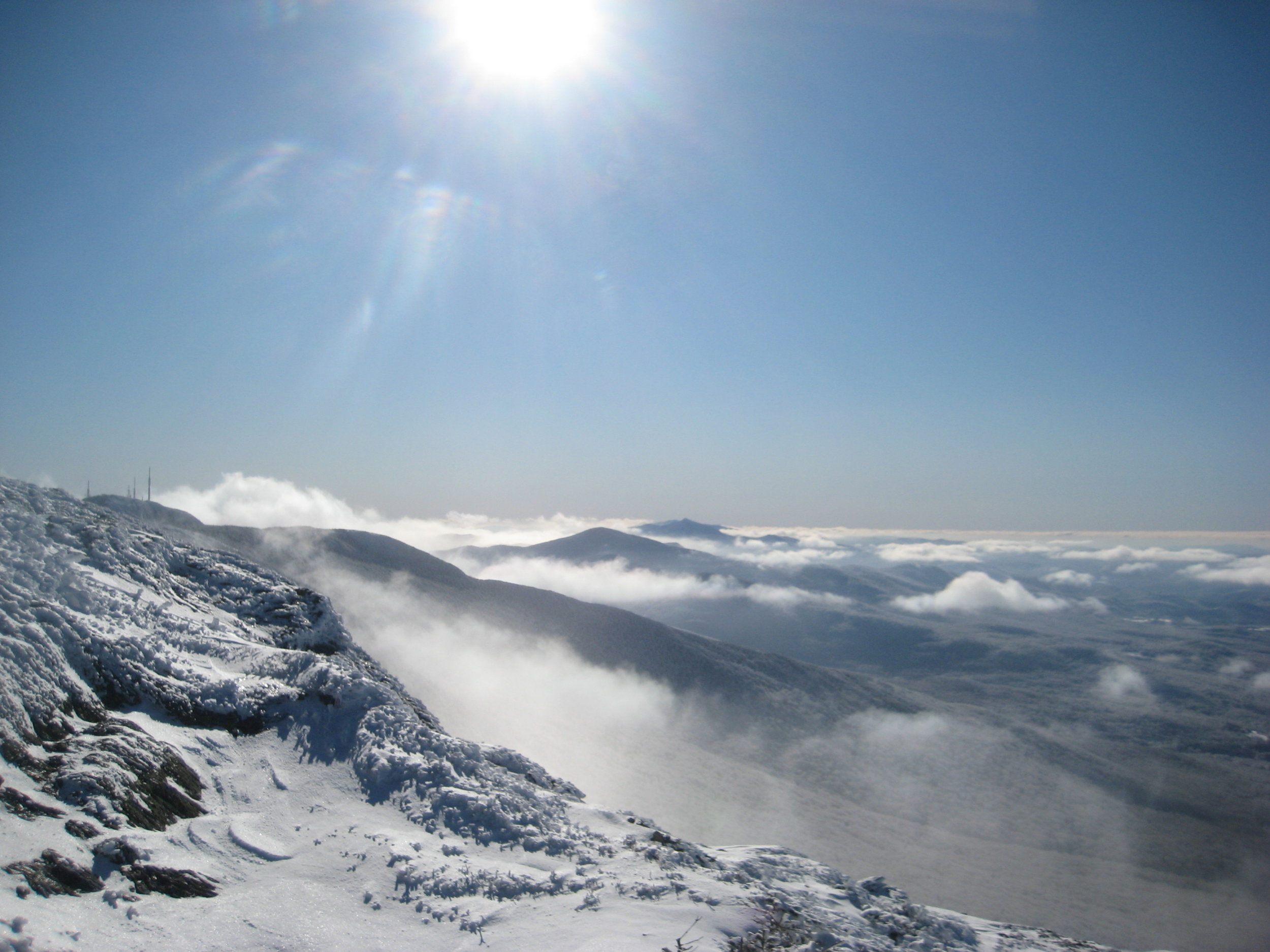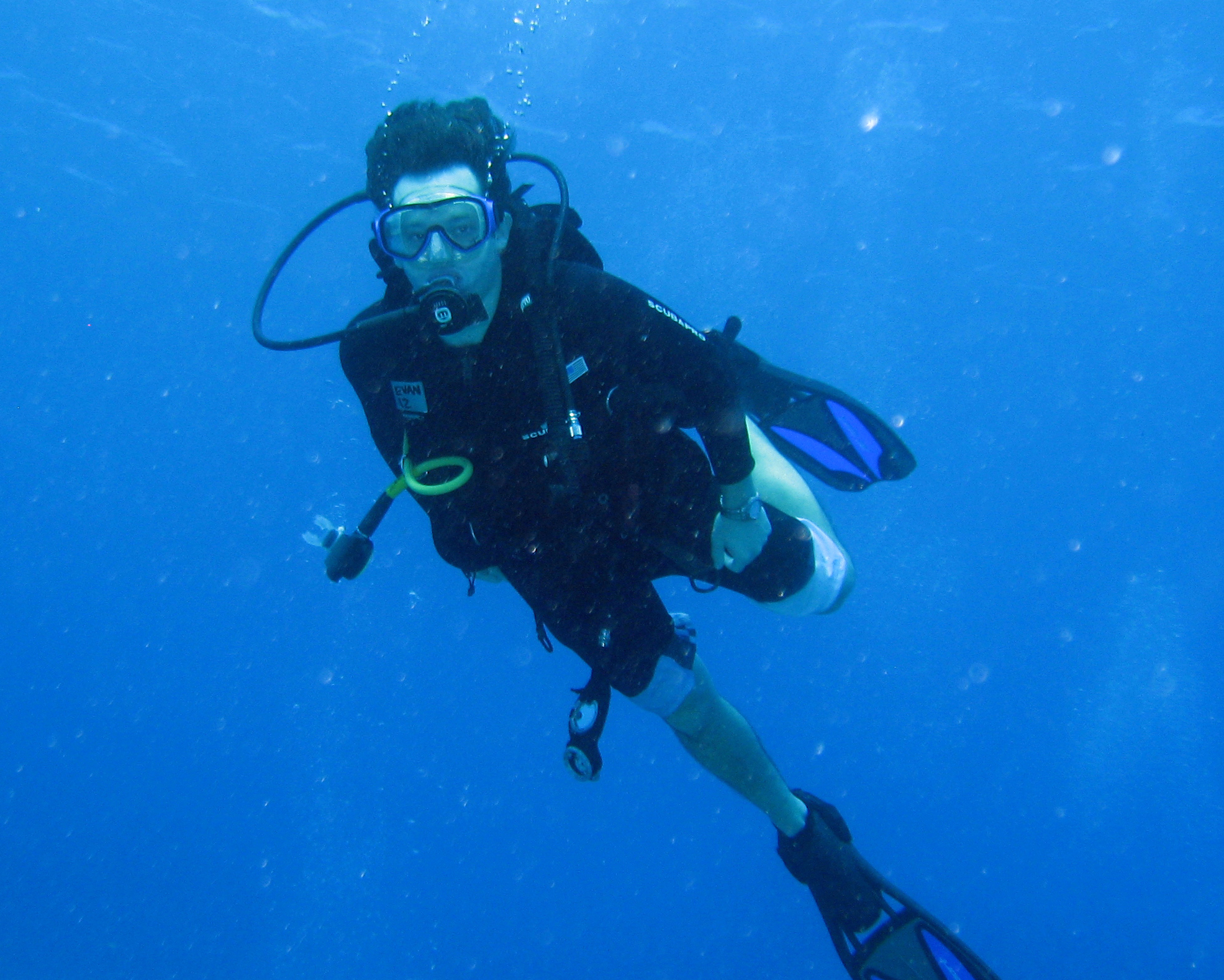There is a tendency for summers at Merrymeeting Lake to drift by in a blur of sun, sand, water, boats, and BBQ. You fall in to a routine like nowhere else on the planet. Early morning, purple sunrises with the fog lifting off the water and floating over the mountains. Sunny days spent out on the boat with friends. Evenings eating outside on the deck. Night cruises around the coves and inlets blanketed by a million shining stars. There are some unique aspects to Merrymeeting that make it the ultimate spot to host a summer camp.
- So clean you could drink it - The depth and flow of the lake keep it so clean that you could literally bottle the water and sell it at the store. Merrymeeting is consistently ranked as one of the top cleanest lakes in the country and that is a stat the local residents are proud of and try hard to maintain. Everyone takes the health of the lake seriously so you rarely, if ever, see floating debris, foreign invasive plants, or oil/gas in the water.
- Uncrowded/undeveloped - Merrymeeting has a total of one marina on its shores and one public boat ramp yet is miles in length and big enough to cruise around and have fun. Larger lakes in the area tend to draw the crowds and thus it is common on Merrymeeting to be out on the water mid-week and never have another boat in sight. Few boats mean less traffic-produced waves which equals glassy conditions most days for boarding/skiing. Decreased boating also yields an unparalleled playground for sailing, kayaking, and swimming without the risk of getting chopped up by a passing propeller.
- Perfect temperature/weather - The depth of the lake (125 feet at its deepest point) comes in to play again in maintaining an ideal water temperature. We have gorgeous summers in New Hampshire with the air temp hovering around 80 most days and the water getting into the 70's by the end of July and staying that way into September. Not too hot, not too cold, but juuuuust right.
- Friendly people - There is a camaraderie between the people who share their time out on Merrymeeting. Everyone is a little more chilled out, happier, and thus friendlier than elsewhere in the real world. You'll always get a salutation from any passing kayak, canoe, or motorboat and the only road traffic is caused by people stopping in the middle of the road to chat. While wakeboarding or skiing on the lake you will hear hoots and see fist pumps as you pass people on shore or in other boats...everyone gets stoked to see people having fun on the water.
- Wildlife - In my years at Merrymeeting I have seen some amazing wildlife. The lake is home to a few pairs of loons, whose calls you can hear most evenings, and at night you cannot escape the croaking of giant bullfrogs. There are turtles that lounge on docks, moose and deer that creep to the shores to drink, and bald eagles that circle around and swoop in for their fishy feasts. I have also see a mountain lion, a few bear, and lots of foxes. The animals mostly have a complete indifference to us and are happy to just go about their business and leave us to enjoy the perfect lake.
All of these reasons why Merrymeeting is great also remind us to share the lake, keep it clean, and preserve it for years to come. Everyone surely has their favorite spot to spend the summer but for me it is Merrymeeting Lake so that is where Water Monkey Camp calls home.







